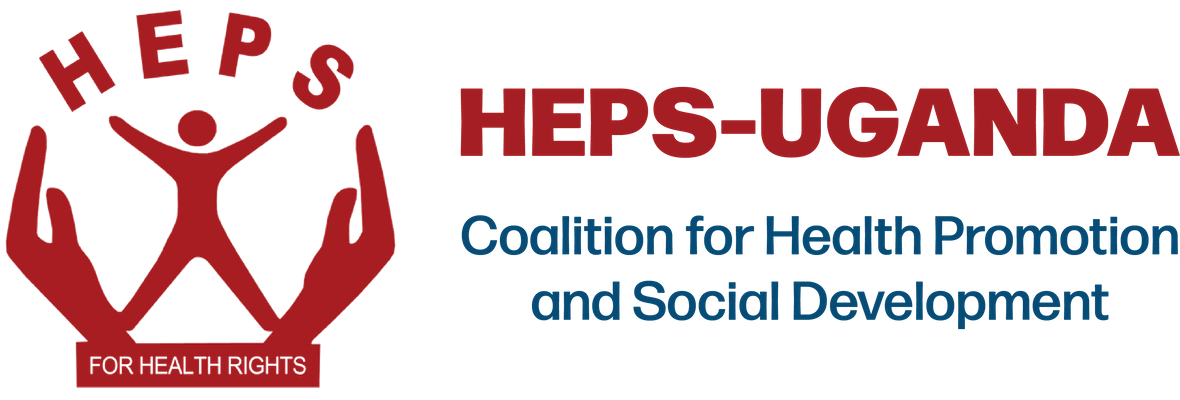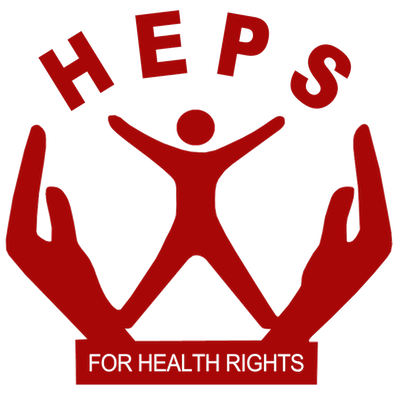From us,
Immunisation outreach continues: HEPS-Uganda@25 conducted a community immunization outreach in Kassanda District this week. Annet Nakiguli, a community health worker attached to Musozi Health III, spearheaded a health awareness session before the immunization activities at Kitayiza, Kiganda Sub-county.
From our partners,
CEHURD: CEHURD is employing a peer-to-peer strategy to enhance access to sexual and reproductive health and rights (SRHR) among young people. This approach involves empowering selected peer educators by building their skills and enabling them to share information, encourage healthy practices, and engage in discussions on sensitive SRHR issues in a way that is both relatable and easy to understand.
CSBAG: CSBAG, in collaboration with the Office of the Auditor General (OAG), EU in Uganda, and GIZ Uganda, held a sensitization workshop on “Engagement of Focal Persons”. During the event, CSBAG Executive Director Julius Mukunda delivered a presentation on Citizens’ Rights in Accountability and explained the purpose and use of the “Kalimagezi” tool.
From your community,
Amuru: Amuru District Taskforce has unveiled a Ushs. 913.2 million cholera response budget as the district grapples with an outbreak of the disease that has so far claimed five lives and infected over 200 people since early this month. The draft budget was presented during the district’s weekly task force meeting, held at Bibia Health Center III in Atiak sub-county, one of the frontline health facilities struggling to handle the increasing number of cholera cases.
Wakiso: Development and Relief Initiative (DRI Uganda) launched a Ushs. 414.5 million menstrual hygiene and water, sanitation, and hygiene support projects targeting 1,500 girls in public primary schools. The project is funded by Islamic Relief Netherlands.
From Uganda,
Experts call for men’s involvement in reproductive health: Ugandan experts are calling for a radical shift in sexual and reproductive health strategies to include men as active participants, arguing that the current women-only focus re-inforces harmful gender norms and limits the effectiveness of health interventions. Dr Amon Ashaba Mwiine, a lecturer at Makerere University School of Gender and Development Studies, said that men’s exclusion from reproductive health programming has contributed to a narrow view of responsibility that burdens women disproportionately.
Uganda closer to ending river blindness: Uganda is on the cusp of eliminating river blindness, a disease that has plagued millions of people in the country for decades. Approximately 7.4 million of 8.2 million people once at risk are now free of the disease. The Ministry of Health announced that 45 of the 50 districts once affected have met the WHO criteria for interruption of transmission. However, 5 districts at the South Sudan border are still waiting for joint evaluation.
From the region,
Tanzania: Religious leaders and members of local nutrition committees in Pemba have been urged to intensify breastfeeding education within their communities to support Tanzania’s Ministry of Health efforts in combating child malnutrition, which hinders both physical and mental development. A study conducted in 2022 on school-aged children in Zanzibar (which includes Pemba and Unguja islands) found that over half of them were malnourished in some form. The overall prevalence of malnutrition (including stunting, underweight, overweight, or anemia) was as high as 58.4%, far higher than mainland Tanzania and the average for the Africa region.
Global health security
UK foreign aid cuts could hit Africa hardest: The UK government has said that slashing foreign aid spending will likely see global deaths rise, as it confirmed the cuts will fall disproportionately on women and girls’ education and projects across Africa. The Foreign, Commonwealth and Development Office (FCDO) has set out cuts of £575 million for 2025 to 2026. The government is cutting aid spending by 40% in total – that is around £6 billion, meaning the deepest cuts are still to come.
WHO reports progress in exclusive breastfeeding: The WHO has announced steady global progress in exclusive breastfeeding rates, highlighting it as a vital investment in child survival and long-term health. In a recent post on the X platform, WHO revealed that the percentage of infants under six months exclusively breastfed has risen from 37% in 2012 to 48% in 2024.
Long-acting injectable HIV treatment effective as a daily oral pill: An injectable antiretroviral drug, Long-acting Cabotegravir and Riplovirine (LA-CAB/PRV), is effective in treating HIV. Findings from CARES, the first trial evaluating long-antiretroviral drugs in Sub-Saharan Africa, have shown that the injectable ARV drug, which is given once every two months instead of taking a pill every day, works as effectively as the daily oral pill.
UK rolls out gonorrhoea vaccination as infections soar: Gonorrhoea vaccines will be widely available from today in sexual health clinics across the UK, in a bid to tackle record-breaking levels of infections. The jabs will first be offered to those at highest risk – and that is men who have a history of multiple sexual partners or sexually transmitted infections. Health authorities said the roll-out is a world-first, and have predicted that it could prevent as many as 100,000 cases, potentially saving the UK government almost £8 million over the next decade.







